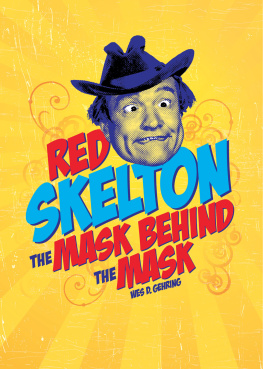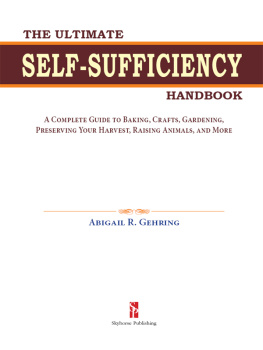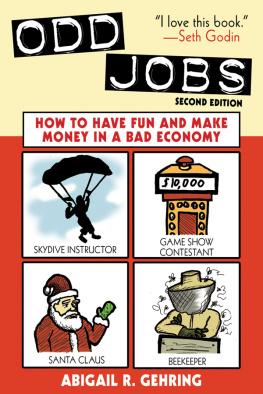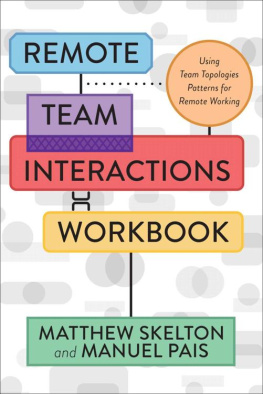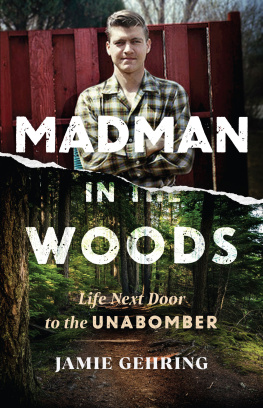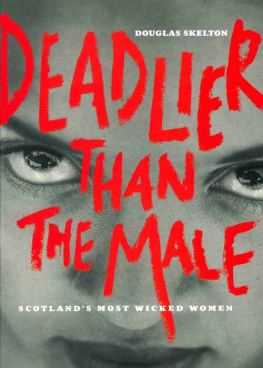

Indiana Historical Society Press
Indianapolis 2008
Red Skelton: The Mask behind the Mask is made possible through the generous support of the Lacy Foundation/LDI, Ltd.
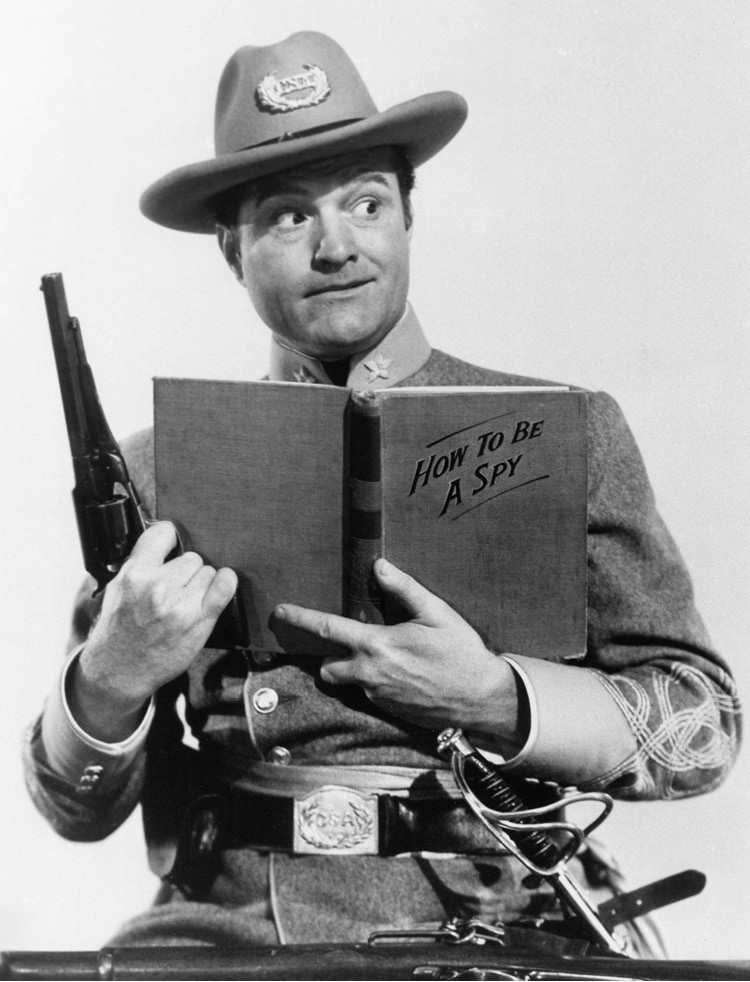
Red Skeltons book says it all in A Southern Yankee (1948), Skeltons greatest film.
2008, 2013 Indiana Historical Society Press
This book is a publication of the
Indiana Historical Society Press
Eugene and Marilyn Glick Indiana History Center
450 West Ohio Street
Indianapolis, Indiana 46202-3269 USA
http://www.indianahistory.org
Telephone orders 1-800-447-1830
Fax orders 1-317-234-0562
Online orders @ http://shop.indianahistory.org
No part of this publication may be reproduced, stored in or introduced into a retrieval system, or transmitted, in any form or by any means (electronic, photocopying, recording, or otherwise) without the prior written permission of the copyright owner.
To Cassie and my daughters,
Sarah and Emily
Comedy is
laughing at this cockeyed
caravan instead of
turning on the gas,
realizing the boy genius was
no genius when it came to
homogenizing the Marxes,
wondering if a reference
to Carmen Miranda should
have occurred in Brazil,
hurting your sides instead
of those people talking
during Chaplins Oceana Roll,
knowing Busters Great Stone Face
still managed an Oscar load
of expression with those eyes.
being thankful for all the ways
in which Red Skelton brought
I dood it humor to the world.
Wes D. Gehring
An earlier version of this poem first appeared in Literature/Film Quarterly 23, no. 2 (1995).
Contents
Foreword
Red Skelton: My Dad Remembered
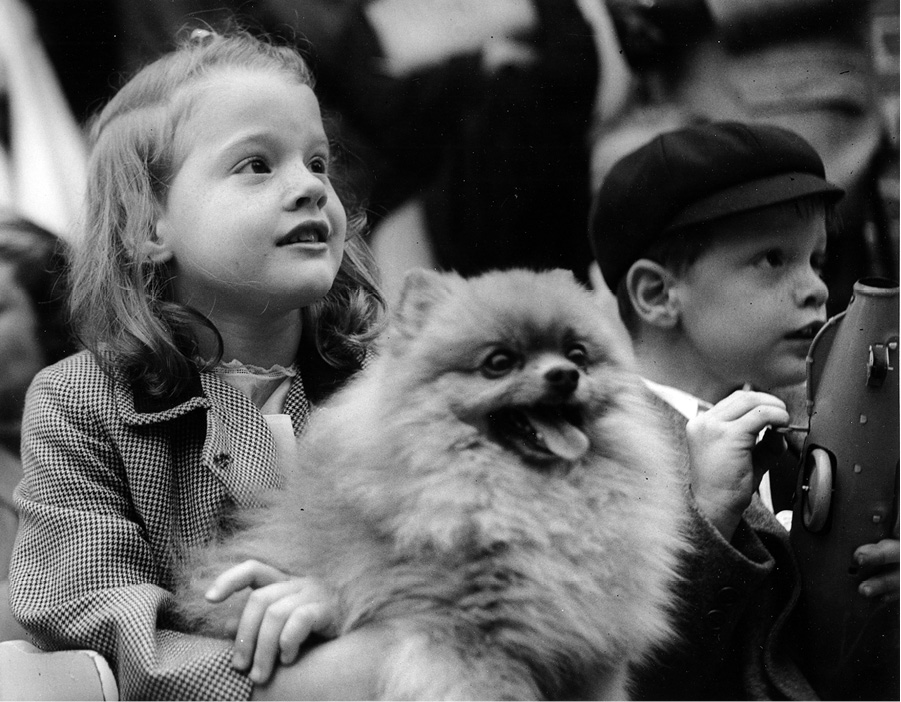
Valentina and Richard Skelton, a few years before his leukemia diagnosis. (Vincennes University Foundation, Red Skelton Collection)
In early 1957 nine-year-old Valentinas younger brother Richard (then eight) was diagnosed with leukemia. Later that year, while the disease was in remission, the family did a great deal of travelingan attempt to jam a lifetime of experiences into a few months. But Red, well aware of all the attention Richard was getting, wisely sensed that Valentina was feeling neglected. Thus, what follows is a special memory of a father-daughter date.
My first real experience of realizing how talented dad was happened when on a summer vacation in Honolulu, Hawaii, in 1957. He said, There is a movie playing called The Clown, Id like to take you to see it. So, dad and I went to the movie. We sat down with popcorn and soda. The show began. It was black and white and I realized that it was dad up on the screen. He was The Clown. The story was so sad it made me cry. I felt the pain of that clown and his sadness. At the end of the movie I turned to dad and said, That was you on the screen. I gave him a hug and held his hand as we walked out of the theater. I realized my dads talent then as a hero; I was taken by him.
I commend biographer Wes D. Gehring for researching my dads life story, and for helping me to understand more about my father. Thank you Professor Gehring for writing this story for those young and old about one of Americas distinguished clowns.
Valentina Marie Skelton Alonso
Preface
After Red Skeltons hyperbolic tendencies had gotten him in trouble with the fourth estate, the comedian would confess to a reporter, Thats my trouble. If you want a good storytalk to me. If you want the factstalk to Edna [Stillwell, Reds first wife and manager].
The above statement, a rare dropping of Red Skeltons public mask, is easily the most significant admission made by the comedian in his long career. It is the Skelton Rosetta stone, pivotal to deciphering the apocryphal tendencies of this most gifted of comedians. Granted, a common phenomenon of writing any biography is wrestling with that most human of traits: Like most people, he gave different accounts of what he believed at different times. But Skeltons propensity to reverse reality to mold his own personal mythology went well beyond the natural changes associated with that old movie montage clich of pages falling from the calendar.
Of course, Skeltons inventive inclinations towards his life story put him in great embellishing company, including such diverse iconic figures as Dizzy Dean, Ernest Hemingway, and Bob Dylan. Indeed, biographer Marc Pachter has even articulated a key question for the professional profiler to ponder: How much can be learned about an individual from the facts he invents about himself [?]
The full answer to that question, with regard to Skelton, lies in the following pages. But it seems apropos to briefly note, without turning it into a Freudian free-for-all, some seminal suggestions. First, probably the greatest catalyst for his mythomania was seemingly quite simplethe need to tell a better story. After all, what came easier for Skelton, one of the greatest comic storytellers in the history of American entertainment? Second, to borrow a page from literary scholar Jeffrey Meyers, what follows is an insight about Hemingway that applies equally to Skelton: [He] combined a scrupulous honesty in his fiction with a tendency to distort and rewrite the story of his life [There was a] reluctance to disappoint either his own expectations or those of his audience he felt virtually forced to invent an exciting and imaginative alternative to commonplace reality.
Here is how those comments are equally applicable to Skelton, an artist whose work brilliantly tells the truth through comedy (especially his attention to slice-of-life reality) but whose personal story seems to have been gerrymandered by Skelton to complement his comedy career. The diversity of examples ranged from Skeltons false claim that his grocer father was a famous clown and a college professor, to later deleting the sizable influence of Stillwell and legendary comedian Buster Keaton from his entertainment rsum.
Third, beyond telling a better story and suggesting Skelton was a total comedy auteur (having received no help, beyond the sentimental hook of a clown father), Skeltons embellishments were also about creating positive details for a black hole of a childhood. As the comedians only surviving child, Valentina Skelton Alonso, recently told me, My father was from a major dysfunctional family.
Some might say why dredge up disturbing facts. Such critics would be fans of an earthy axiom by Skeltons favorite comedian, Charlie Chaplin: The more you stir an old turd, the more it stinks. Skelton cared about the details, and even had a researcher doing the legwork for his book.
One could say that Skelton was a self-made man who was not as well made as he might have been, but who (like all of us) was coping. And despite those private demons, or maybe because of them, Skelton became one of the clowns of the twentieth century. No less a pantheon comedian than Groucho Marx called him the logical successor to Chaplin. Thus, besides exploring the mask behind the mask that was the private Skelton, this book also addresses his funny public persona, from his dual focus screen characters (fluctuating between antihero and smart aleck), to the troupe of buffoons through which he filtered his humor on radio and television.

